Big challenges from pesticide abuse
Vietnam is currently among the top countries with the most diverse list of pesticides allowed for use on crops, with 1,820 active ingredients and 4,537 commercial products. Another statistic shows that Vietnam uses 16.2 kg of pesticides per hectare of cultivated land, while the figure in Thailand is only 8.4 kg/ha, Cambodia 2.9 kg/ha and Laos 0.1 kg/ha.
It is undeniable that pesticides play a major role in agriculture . However, excessive use of pesticides can cause many serious consequences to the living environment and directly affect human health.
After use, pesticides often leave residues in agricultural products, while some remain in the soil, water and air. When pesticide residues exceed the permitted level, these chemicals will cause negative impacts on the environment, affect the ecosystem and increase the risk of harm to human health. This poses a big problem: How to reduce dependence on pesticides to develop a more sustainable agricultural sector?
Reducing dependence on pesticides - a new solution for green agriculture
Faced with the above problem, the University of Sydney and its partners have collaborated to conduct research on ways to reduce dependence on pesticides, as well as research on plant pathology.
The University of Sydney Vietnam has promoted collaborative research between Australia and Vietnam towards an advanced, green and sustainable agriculture. Nearly 50 years since the establishment of official relations in 1973, Vietnam and Australia have achieved increasingly successful cooperation in many fields. And agriculture is considered one of the key areas.
Since the early 2000s, the University of Sydney has collaborated with many institutes, universities and research centers in Vietnam to conduct extensive research on plant pathology such as Phytophthora root rot of durian, cocoa disease, potato disease, tomato, citrus, rubber, pineapple, pepper, lychee, coffee nematode disease... These studies not only aim to improve disease diagnosis for crops, but also contribute to reducing dependence on pesticides.
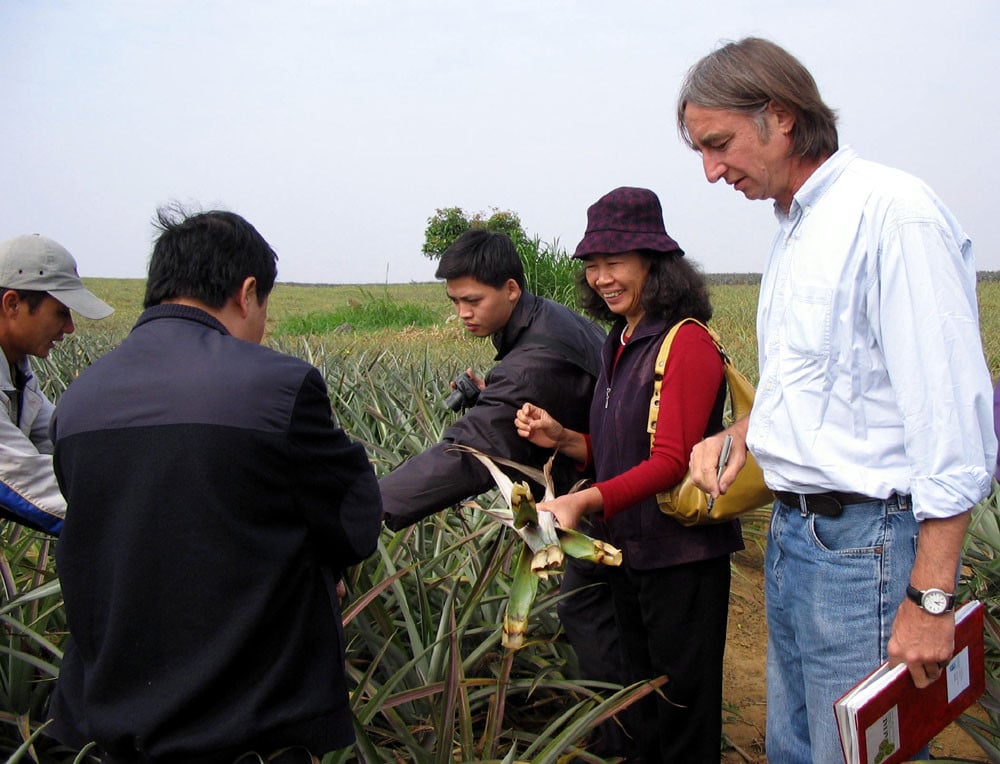
In 2012, Professor David Guest - Faculty of Agriculture and Environment, University of Sydney was awarded the Medal for the Cause of Agriculture and Rural Development by the Minister of Agriculture and Rural Development for his contributions in this field in Vietnam.
The University of Sydney has recently launched the University of Sydney Vietnam Institute, headquartered in Ho Chi Minh City and with two offices in Hanoi and Can Tho. As a non-profit social enterprise owned by the university, the establishment of the Institute will continue to promote research, marking a new chapter in cooperation between the two countries.
“Vietnam’s economic and social development has increased the demand for safe, high-quality food for domestic production and export. Consumers are concerned about food contamination from pesticides and toxins arising from agricultural, storage and processing activities, as well as the emergence of drug-resistant pathogens. We are collaborating with Hue University on the One Health Study, with economists, plant, animal and human health experts, to improve food safety along the supply chain in Vietnam,” said Professor David Guest.
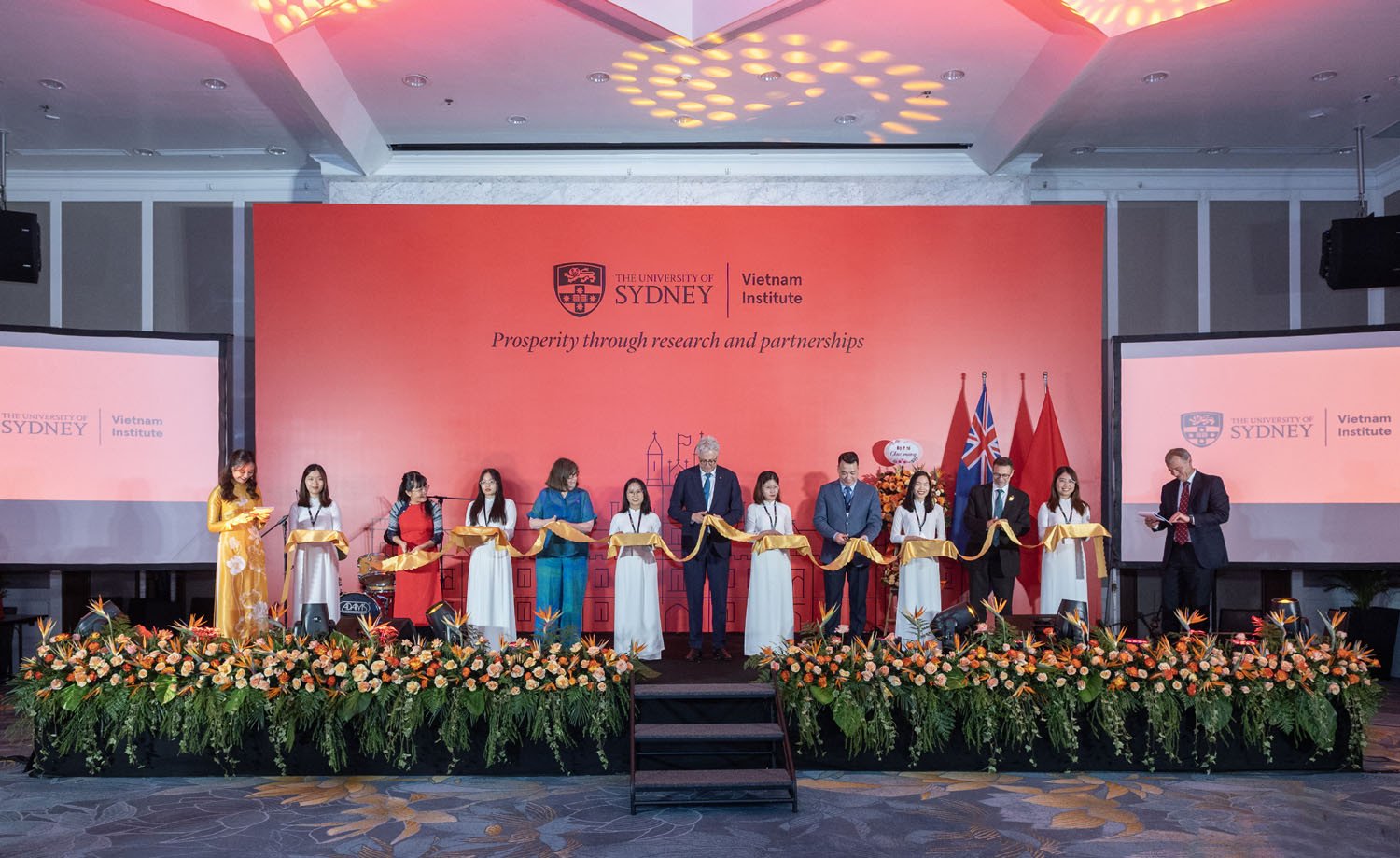
The Institute aims to enhance its high-quality research capacity and connect with leading institutions in the country. A group of leading experts are currently collaborating to better understand the impact of pesticides in agriculture and food on human health. This collaboration is not only aimed at sustainable agriculture but also at protecting consumer health. The vision of the University of Sydney Vietnam is to have sustainable, mutually beneficial cooperation at all levels of higher education and to promote research between Australia and Vietnam.
Through research and initiatives from the Institute, Vietnam is moving closer to a sustainable agriculture, less dependent on pesticides and safer for the environment and people. This is a promising direction, contributing to solving the major challenges of the agricultural sector today.
Bich Dao
Source: https://vietnamnet.vn/giam-phu-thuoc-thuoc-bao-ve-thuc-vat-de-thuc-day-phat-trien-nong-nghiep-ben-vung-2296057.html



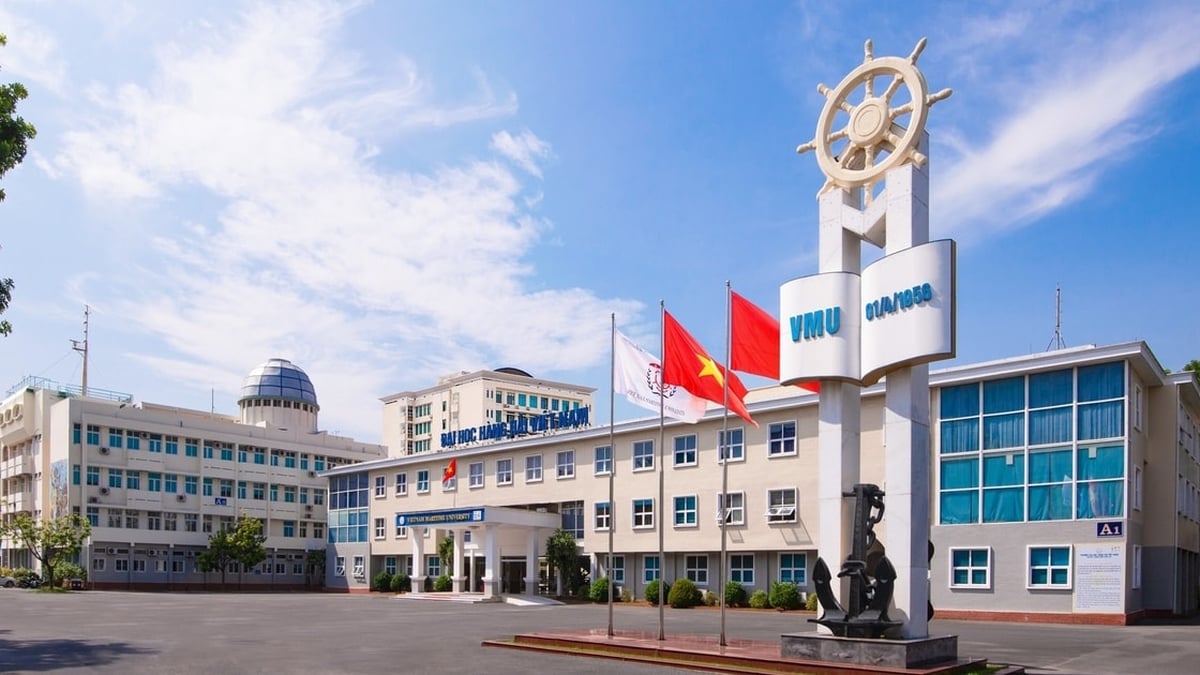
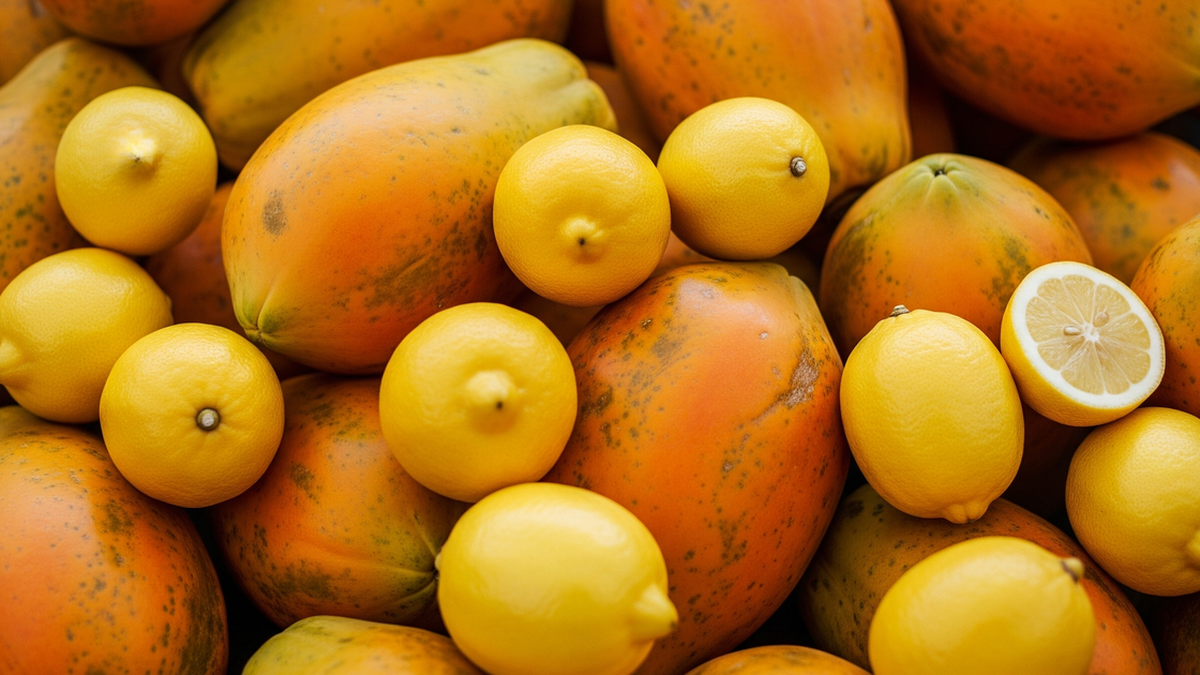

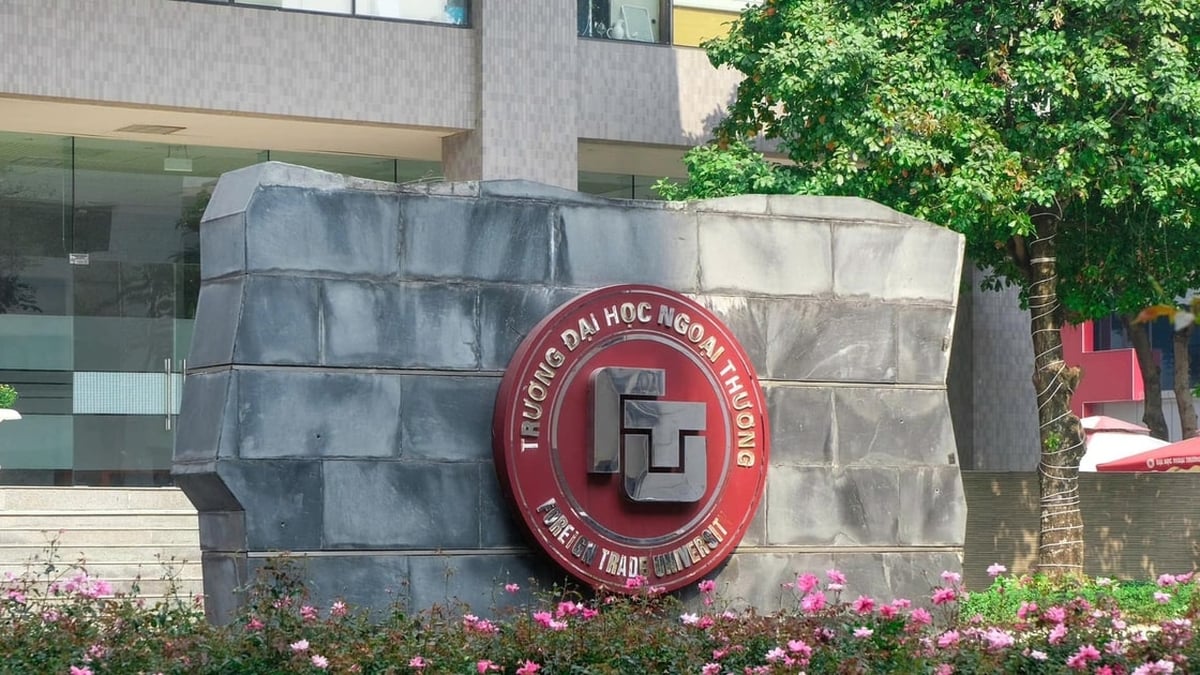
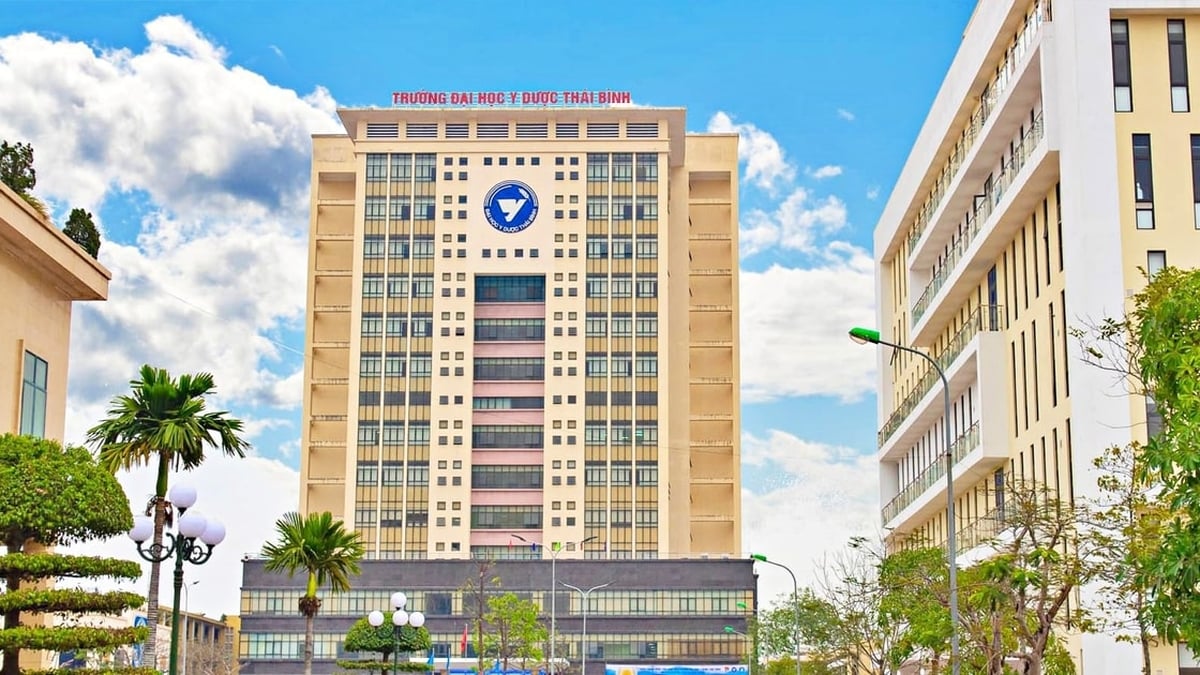
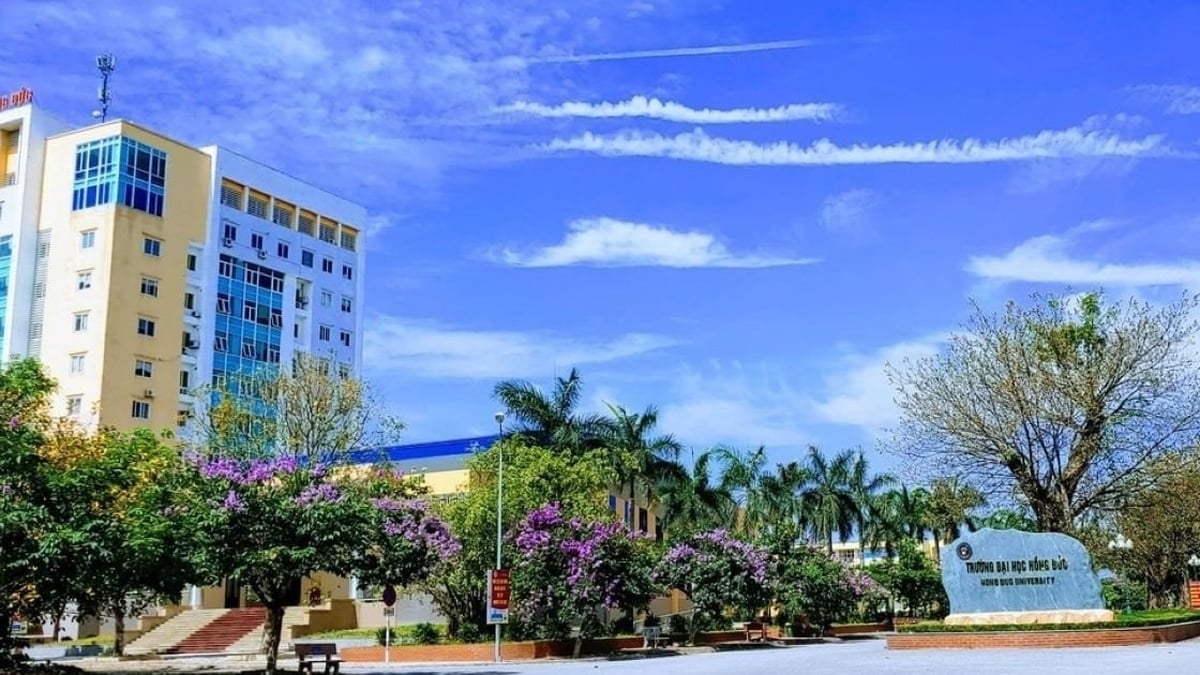
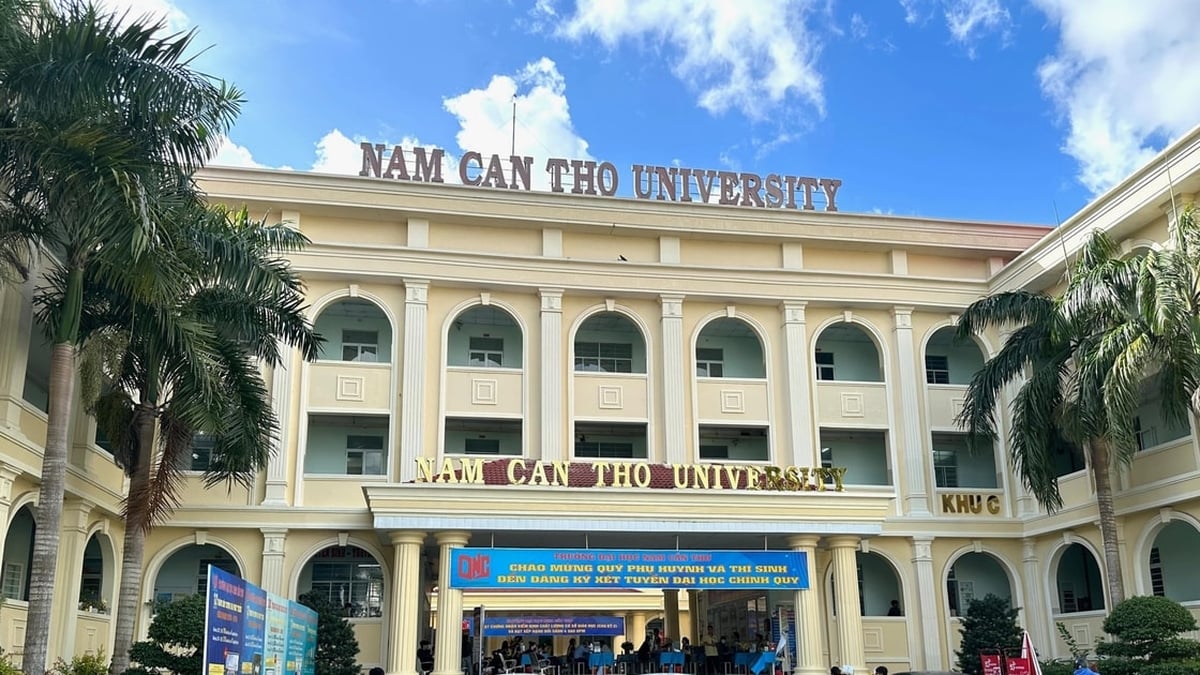
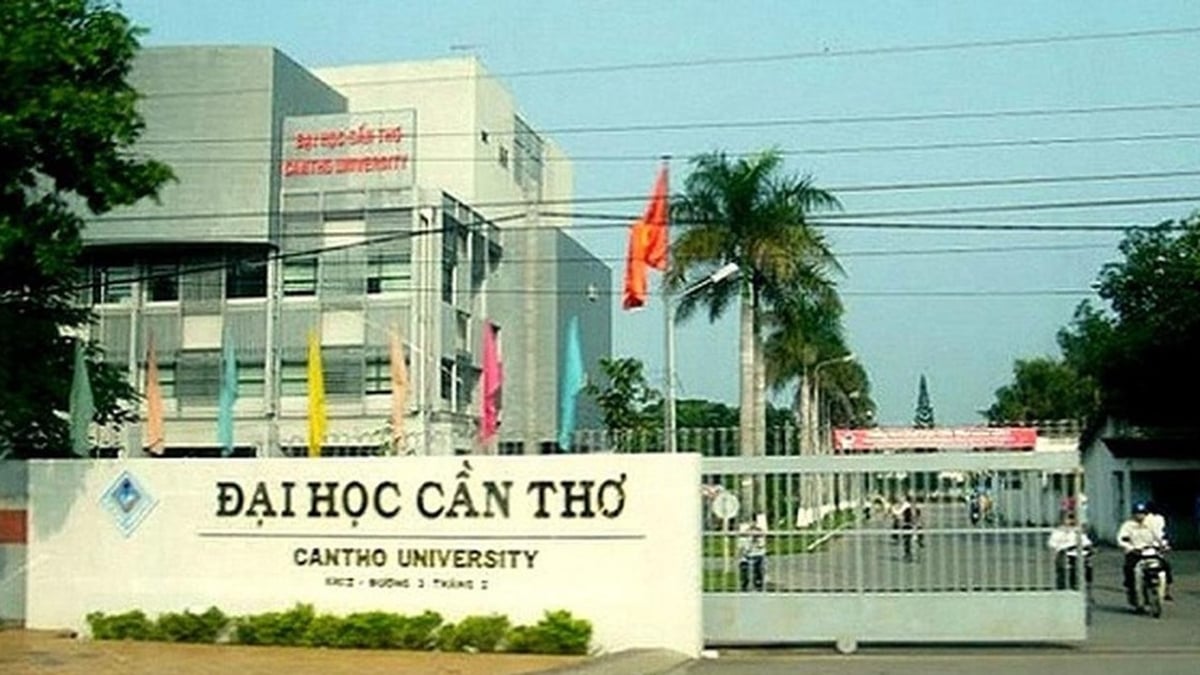






















































































Comment (0)